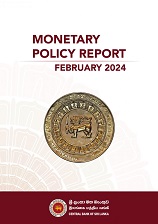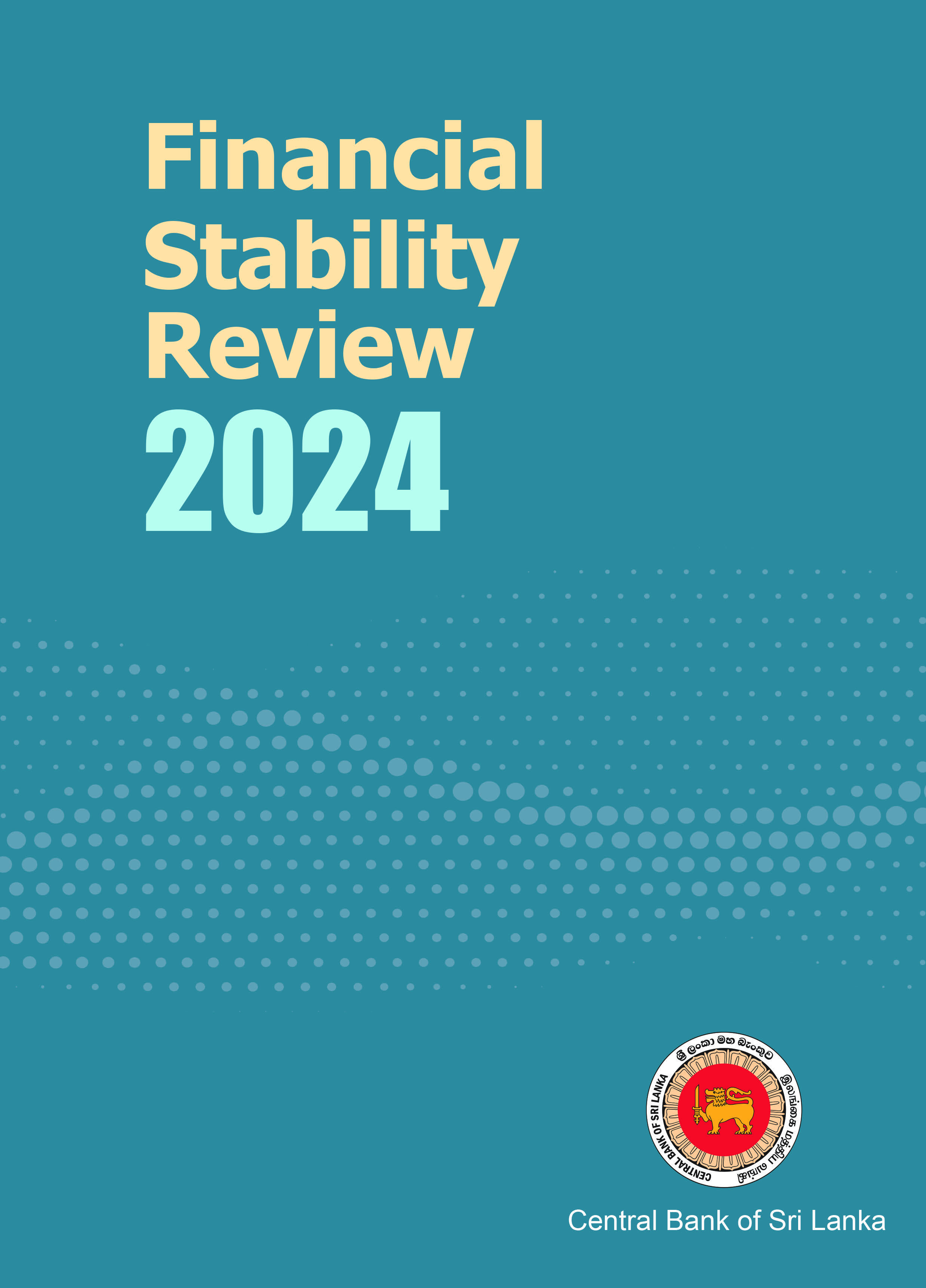Frequently Asked Questions (FAQs)
Financial Stability
What is financial system stability?
Financial system stability can be defined as the ability of the financial system to perform smoothly its key functions such as intermediation of financial funds, management of risks, and settling of payments, efficiently, at all times, including in the event of adverse shocks and stress situations. A stable financial system is one in which the financial institutions and markets and the payments system are functioning effectively and there is an absence of banking, currency, payments and settlements crises.
Why is the maintenance of financial system stability an objective of the Central Bank?
A stable financial system is necessary, on one hand, for the effective transmission of monetary policy and the smooth operation of the payments system. Financial instability, on the other hand, is expensive in terms of output losses and fiscal costs and will erode public confidence in the financial system.
How does the Central Bank maintain financial system stability?
The Central Bank discharges its responsibility by establishing the required legal framework, regulating and supervising key financial markets, overseeing the payments and settlements system, acting as lender of last resort and by the surveillance of the entire financial system.










